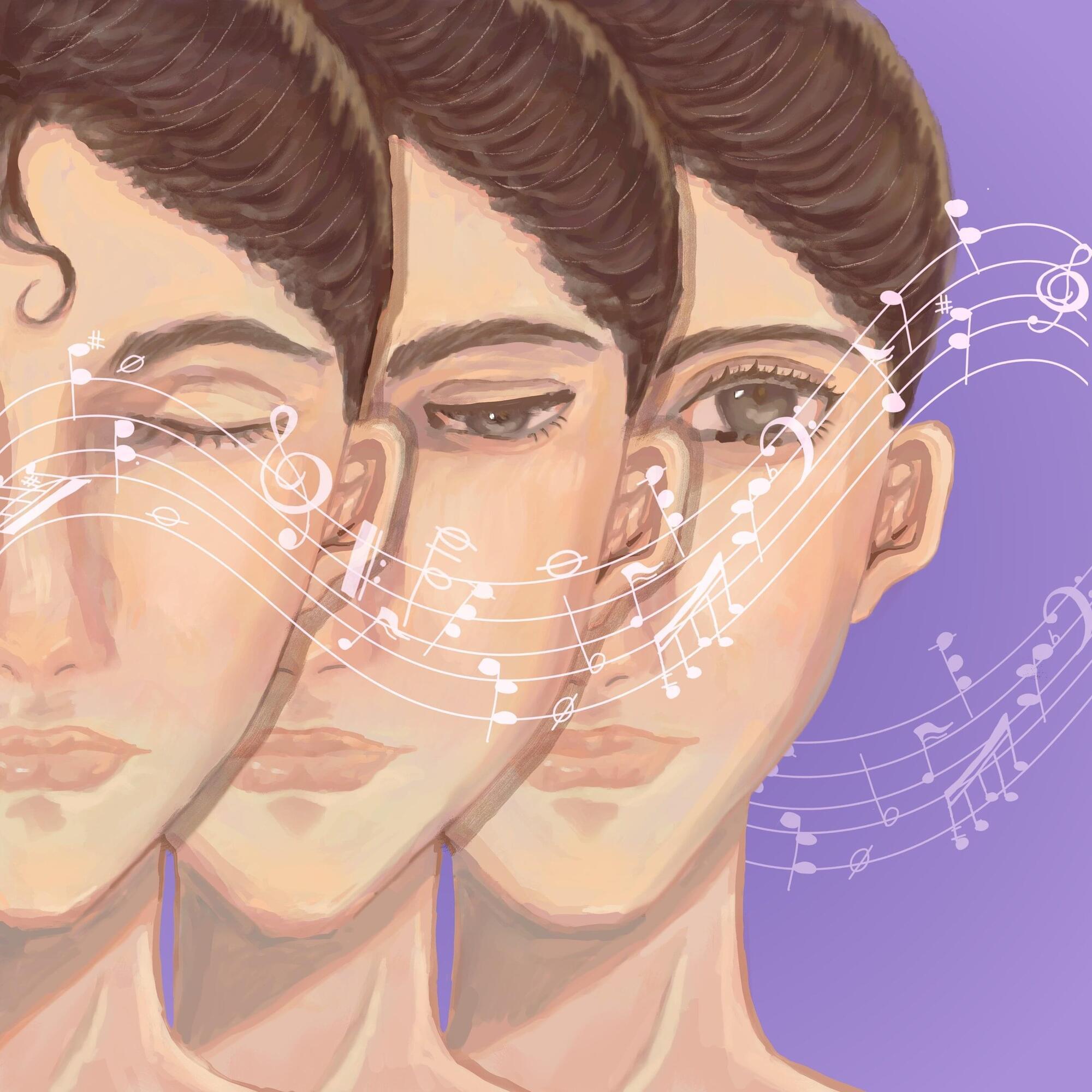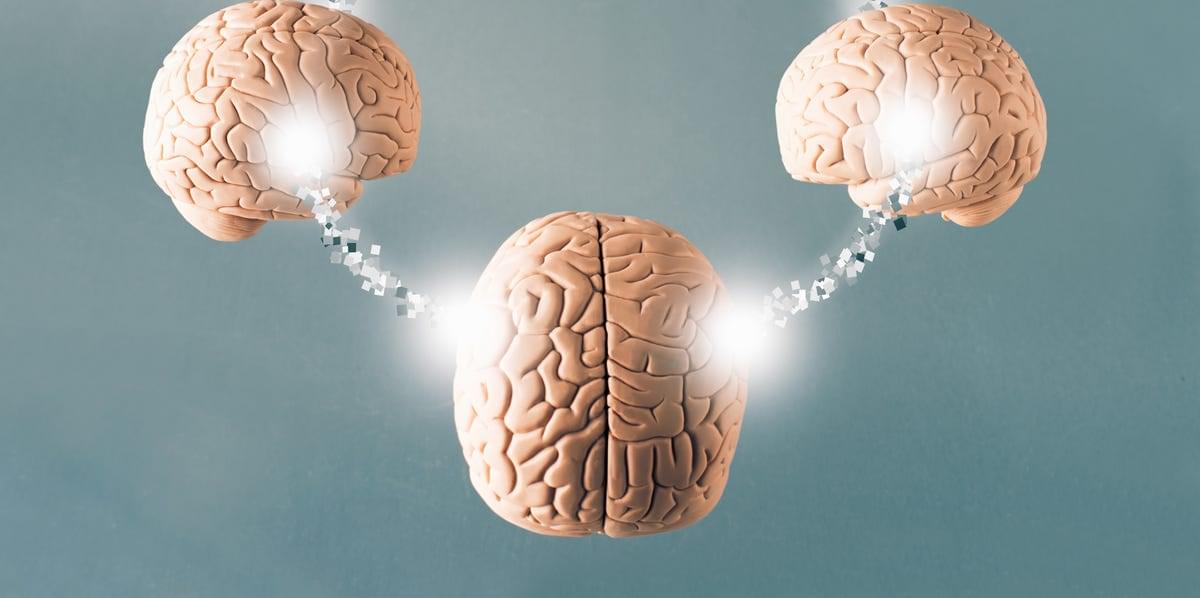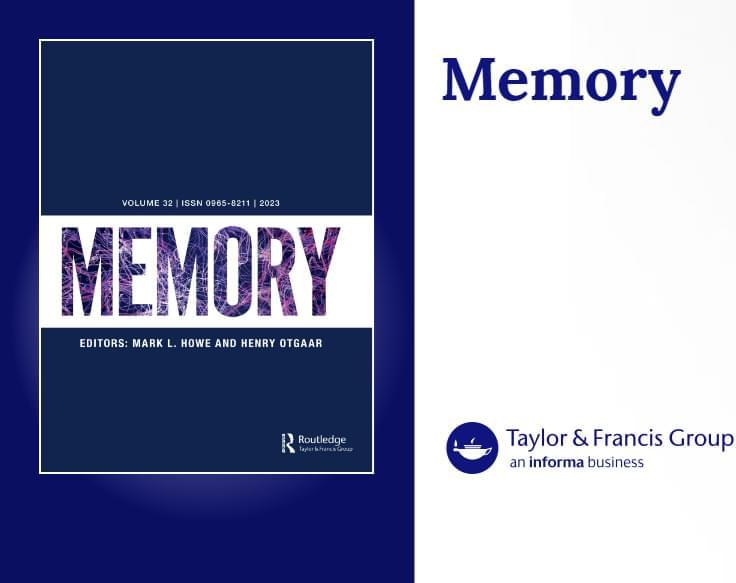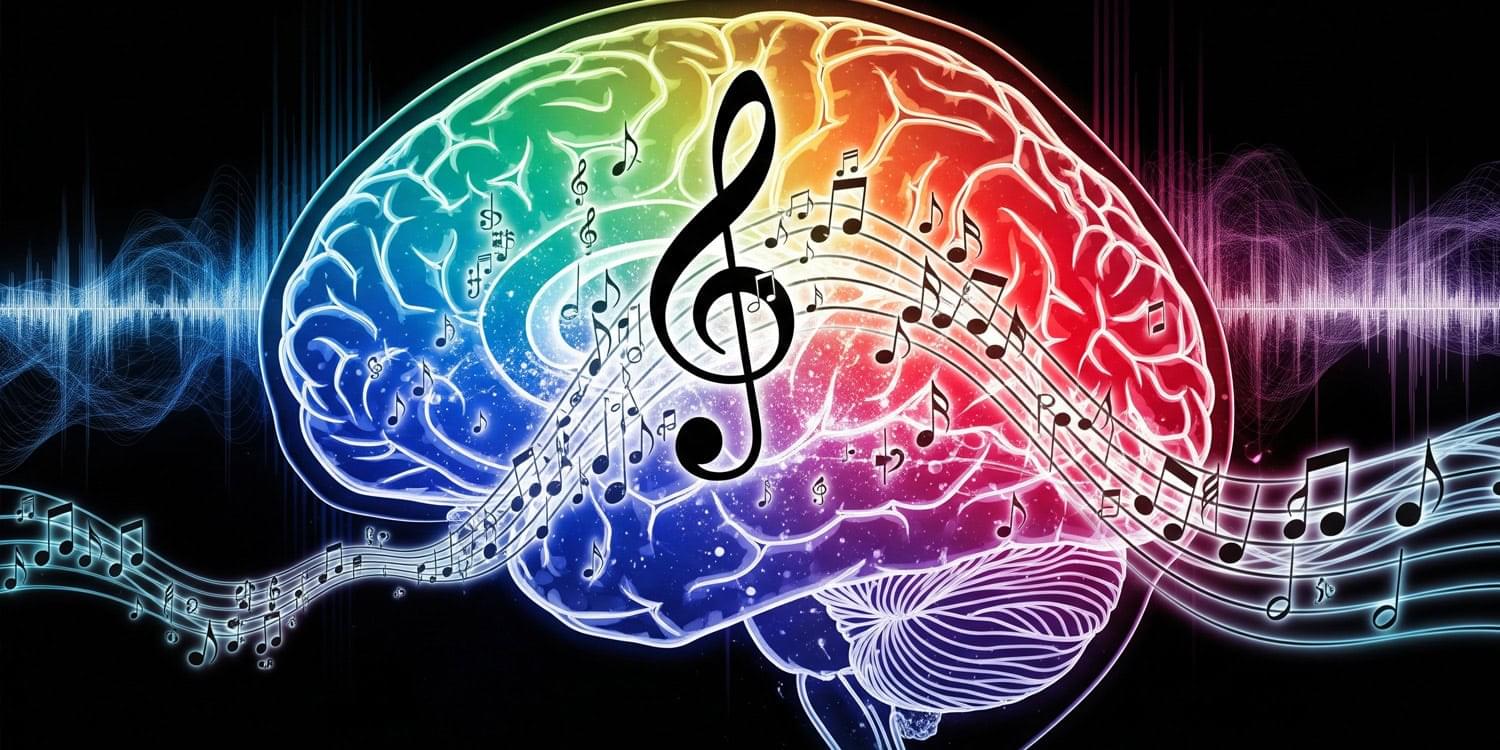From cyborgs to hive minds and civilizations of pure thought, we trace the possible futures of our species through the next trillion tomorrows.
Checkout Scav: https://go.nebula.tv/scav?ref=isaacar… Watch my exclusive video Autonomous Space Industry: https://nebula.tv/videos/isaacarthur–… Nebula using my link for 40% off an annual subscription: https://go.nebula.tv/isaacarthur Grab one of our new SFIA mugs and make your morning coffee a little more futuristic — available now on our Fourthwall store! https://isaac-arthur-shop.fourthwall… Visit our Website: http://www.isaacarthur.net Join Nebula: https://go.nebula.tv/isaacarthur Support us on Patreon: / isaacarthur Support us on Subscribestar: https://www.subscribestar.com/isaac-a… Facebook Group:
/ 1,583,992,725,237,264 Reddit:
/ isaacarthur Twitter:
/ isaac_a_arthur on Twitter and RT our future content. SFIA Discord Server:
/ discord Credits: The First Interstellar Colony Humanity’s Leap Beyond Sol Written, Produced & Narrated by: Isaac Arthur Editor: Keith Oxenrider Select imagery/video supplied by Getty Images Music by Epidemic Sound: http://nebula.tv/epidemic & Stellardrone Chapters 0:00 Intro 0:15 The Road Ahead 2:24 What Do We Mean by “Human,” “Transhuman,” and “Posthuman”? 7:22 Life Extension – The Oldest Dream 10:33 Intelligence Beyond Biology – AI and Human Integration 14:19 Enhancing the Body and Mind 17:00 Civilizations of the Augmented 19:31 Scavenger Hunt 20:51 Strange Posthuman Pathways 23:11 Outward Migration – Stars and Timelines 25:00 Risks, Fears, and Pushback 26:27 Humanity on Cosmic Timescales 27:43 The Expanding Story.
Watch my exclusive video Autonomous Space Industry: https://nebula.tv/videos/isaacarthur–…
Get Nebula using my link for 40% off an annual subscription: https://go.nebula.tv/isaacarthur.
Grab one of our new SFIA mugs and make your morning coffee a little more futuristic — available now on our Fourthwall store! https://isaac-arthur-shop.fourthwall…
Visit our Website: http://www.isaacarthur.net.
Join Nebula: https://go.nebula.tv/isaacarthur.
Support us on Patreon: / isaacarthur.
Support us on Subscribestar: https://www.subscribestar.com/isaac-a…
Facebook Group: / 1583992725237264
Reddit: / isaacarthur.
Twitter: / isaac_a_arthur on Twitter and RT our future content.
SFIA Discord Server: / discord.
Credits:
The First Interstellar Colony Humanity’s Leap Beyond Sol.
Written, Produced & Narrated by: Isaac Arthur.
Editor: Keith Oxenrider.
Select imagery/video supplied by Getty Images.
Music by Epidemic Sound: http://nebula.tv/epidemic & Stellardrone.
Chapters.
0:00 Intro.
0:15 The Road Ahead.
2:24 What Do We Mean by “Human,” “Transhuman,” and “Posthuman”?
7:22 Life Extension – The Oldest Dream.
10:33 Intelligence Beyond Biology – AI and Human Integration.
14:19 Enhancing the Body and Mind.
17:00 Civilizations of the Augmented.
19:31 Scavenger Hunt.
20:51 Strange Posthuman Pathways.
23:11 Outward Migration – Stars and Timelines.
25:00 Risks, Fears, and Pushback.
26:27 Humanity on Cosmic Timescales.
27:43 The Expanding Story






